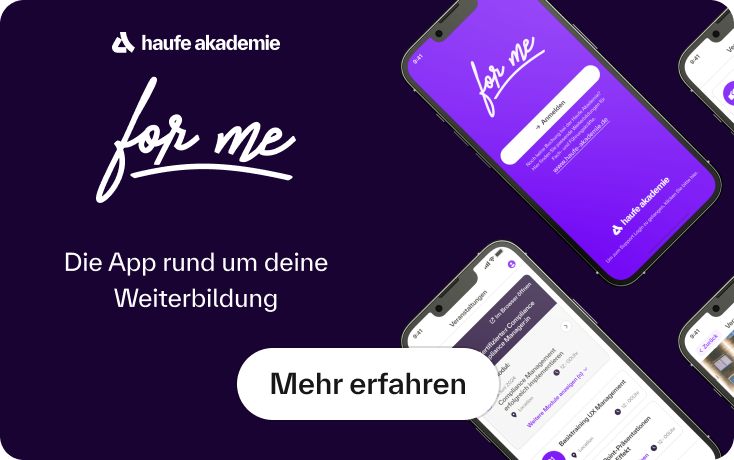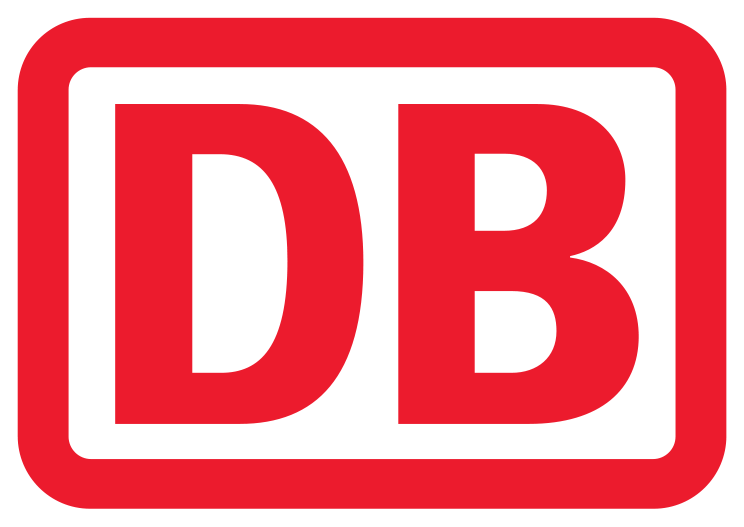Business meets biathlon
Mastering pressure with strategies from sport - exclusively with Rainer Kiefer
Contents
Exchange of experience
- Get to know each other and exchange ideas.
- Reflection on own stress, strain and pressure situations.
- Expectation query.
Pressure situations in competitive sport
- Being good when it counts: How do successful top athletes deal with extreme pressure situations? Inspiration and new perspectives.
- Best practice examples from top-class sport, e.g. biathlon, soccer, ski jumping, curling.
- The latest scientific findings.
- Theoretical principles of stress and recovery.
- Reflection, exchange and new perspectives.
Personal experience with biathlon
- Concentration and coordination exercises.
- Running exercises.
- Technical training, shooting practice at the laser shooting range.
- Consciously breaking out of habitual and internalized behaviour patterns.
- Stimulating exchange of experiences in nature and in motion.
Process-oriented development of personal solutions
- Deductions for your own everyday (working) life.
- Development and training of individual solutions.
- Practicing mindfulness and relaxation techniques.
- Development of a personal toolbox, further development of your own mindset.
- Optional: personal 1:1 transfer coaching.
Learning environment
Your benefit
- Learn to think "outside the box".
- Reflect on your personal causes of stress and pressure situations.
- Experience how top athletes master pressure situations and strengthen personal resources on the basis of this experience.
- Develop your own "toolbox" and get new ideas for dealing with stress and pressure situations.
- Recognize how your own resilience is linked to other factors, such as the team climate.
- Practice effective mindfulness and relaxation methods from competitive sports.
- Experience biathlon up close in the great outdoors.
- Benefit from the:der trainer 's many years of experience in sports psychology working with top athletes and national teams.
This training mainly takes place outdoors and in nature - weatherproof, functional clothing and shoes are therefore a prerequisite.
Methods
trainers, discussion, exchange of experiences, reflection exercises, brainwriting, case studies, relaxation techniques, movement and walking exercises, intensive transfer work, process-oriented work, exchange of experiences in nature and on the move.
Recommended for
All employees, specialists and managers who are exposed to high levels of stress and pressure in their everyday (professional) lives and would like to reflect on and optimize the way they deal with stress and high information density.
FAQ about "Business meets Biathlon"
The practical workshop takes place outdoors in nature and physical activity is a central element of the seminar. Running exercises, small movement games and, as part of the biathlon, (shorter) running routes are completed.
Nevertheless, all interested people are welcome and can take part. The aim of the exercise sessions is to "get the pulse going" - it doesn't matter whether this is achieved by walking faster or jogging, for example. There is also the option of taking yourself out at any time, for example in the event of an injury or if you don't feel fit, and accompanying the movement exercises from the role of observer.
In this case, you can also take part in the training . You decide for yourself which physical exercises you want to take part in and when you would prefer to take on the role of observer. The trainer will ask about restrictions at the start of the workshop.
Please wear functional (sports) clothing and shoes that are suitable for the weather, in which you can walk comfortably and possibly also jog. There will always be movement units during the training , so it is important that you can move well and be active in your clothing. Functional shirts, trekking shoes, wind or softshell jackets, trekking/hiking pants, sports trousers, etc. are suitable. You are also welcome to wear your clothes at the start of the workshop, as there will be a flexible change between indoor and outdoor phases.
The "Practical workshop: Business meets Biathlon" takes place in all weathers. The units of the workshop (outside/inside) will be flexibly adapted to the weather. If it is not possible to hold the workshop outside, the mobile biathlon facility will be set up at a suitable location within the seminar hotel or under cover.
You arrange an individual appointment for the optional 1:1 online coaching with the trainer yourself. In order to ensure optimal transfer into practice, the coaching should ideally take place three to four weeks after the workshop.
In the workshop, you will gain very different impressions and impulses. You can use the time between the workshop and the optional online coaching to reflect on what you have learned and relate it to your personal day-to-day work. You can collect questions that arise afterwards or bring personal situations from your everyday business life with you, which you can then discuss with the trainer in 1:1 coaching. The trainer will give you further advice during the training .
Reflect on situations in your everyday working life in which you feel stressed and/or reach your "limits". The workshop is about gaining distance and looking at work and everyday situations from a new perspective. Ideally, you should choose the time of the workshop so that you have some time afterwards to process the experiences you have gained.
Start dates and details
Thursday, 05.03.2026
09:30 am - 5:00 pm
Friday, 06.03.2026
08:30 am - 4:00 pm
- one joint lunch per full seminar day,
- Catering during breaks and
- extensive working documents.
Thursday, 24.09.2026
09:30 am - 5:00 pm
Friday, 25.09.2026
08:30 am - 4:00 pm
- one joint lunch per full seminar day,
- Catering during breaks and
- extensive working documents.
Monday, 08.03.2027
09:30 am - 5:00 pm
Tuesday, 09.03.2027
08:30 am - 4:00 pm
- one joint lunch per full seminar day,
- Catering during breaks and
- extensive working documents.
- one joint lunch per full seminar day,
- Catering during breaks and
- extensive working documents.
- one joint lunch per full seminar day,
- Catering during breaks and
- extensive working documents.
 4.6
4.6











